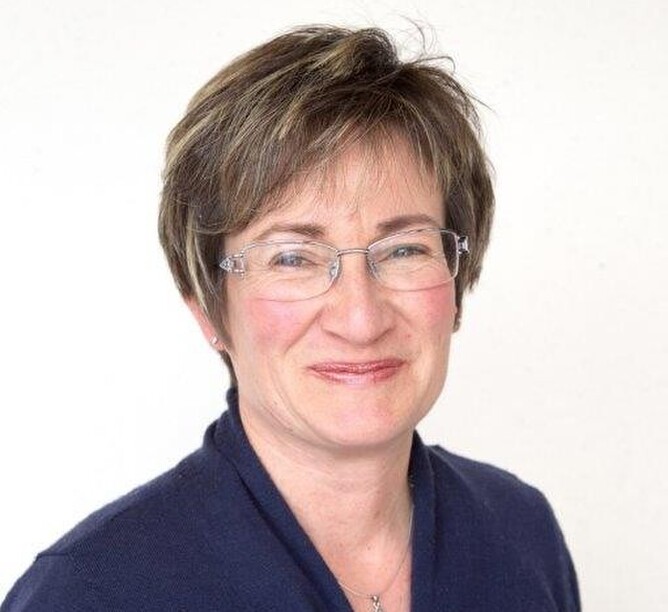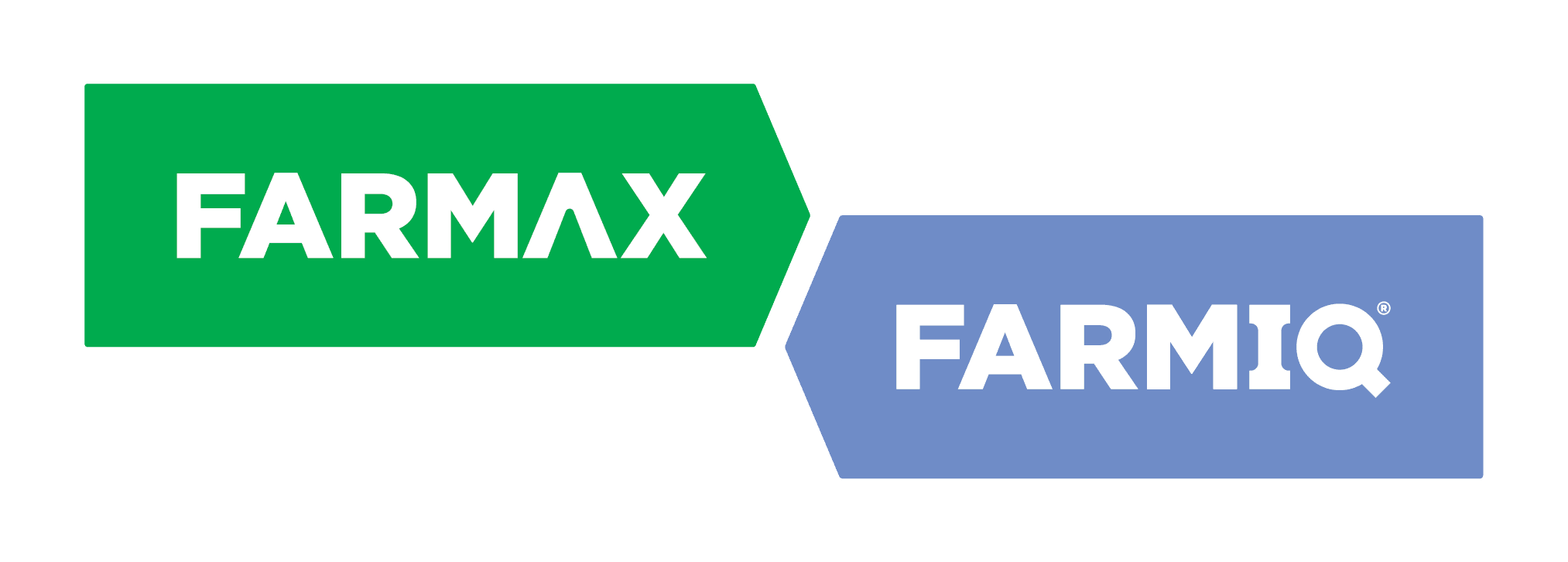Angela Tanner, consultant at BakerAg in Masterton, had been using FARMAX for a couple of years before she embarked on the Bronze Accreditation. A few years after that, she decided to formalise her skills and quickly progressed to Silver and then Elite.
After successfully completing all the accreditation levels, Angela has more confidence when using FARMAX and, specifically, greater clarity when building farm models.
“Becoming accredited gave me the ability to identify the strengths and weaknesses of various farm systems and able to more confidently discuss this with clients and fellow consultants,” Angela explains.
Angela found the whole accreditation process simple and appreciated being able to complete it in her own time.
“Once you get into it, I found that it got clearer, and it was easy enough to ask the FARMAX team questions,” she said.
FARMAX training sessions – both the public workshops and one-one-one online meetings – were helpful as a prerequisite to the accreditation programme, showcasing different ways of entering or extracting data, and delving into all the ins and outs of monitoring and scenario analysis.
The Elite Accreditation was a great way of recognising Angela’s FARMAX skills; both acknowledgement for herself and her employer:
“It felt like a good pat on the back for the effort of learning and applying the tool. My employer also values the process and outcome as it confirms we are using FARMAX to the highest possible standard.”
Angela has found her FARMAX accreditation positive for not only her, but her wider team at Baker Ag as well. Angela is working in FARMAX every month, looking at a range of farm systems and different scenarios that are actually happening on farm, and she’s found that knowledge invaluable when team members call on her for assistance in using the tool.
“As an analyst, I rely on our consultancy team to do a lot of the technical work and knowledge, and I tend to do the foundation work with the model and help with modelling the different questions,” explains Angela.
“It helps us to work more as a team. I have my strengths and weaknesses and so do the other consultants and, as a team, we can work through those different farm systems and scenarios and have those discussions. We complement each other.”
FARMAX is an important part of BakerAg’s consultancy – Angela estimates that 60 - 80% of her role leans on FARMAX – powering their dairy benchmarking and monitoring service (DSM) and providing a range of reports which are great for sharing with clients.
“I think most farmers would know if trends were up or down, or indices changed from one season to another – they would generally know the physical aspects, but it can help to have a discussion as to why some of those other changes may have happened, positive or negative.”
The new greenhouse gas reporting in FARMAX is particularly valuable, with BakerAg reporting GHG information and nitrogen balance (kg N /total ha) to clients monthly. These GHG figures are useful in the DSM context as farmers can compare their numbers with that of their peers.
“We are saying that it is important that they have a figure, and they understand that figure and how it compares with what is happening on their farms and in the industry. Each month they are seeing their GHG and CO₂ gas figures for their particular farm and how they compare with the DSM group average, based on actual and real time data. It is definitely powerful to start thinking about it and consider why their figure is that figure and how they compare to other dairy farms.”

